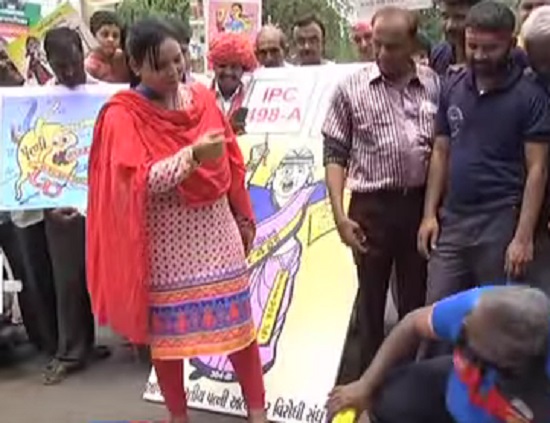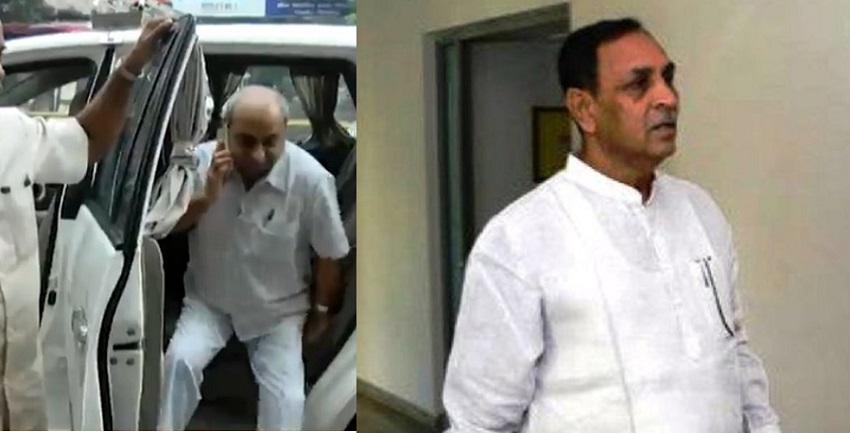At a time when water levels in India’s major reservoirs and river basins have fallen, Prime Minister Narendra Modi on Sunday pitched for conservation of rain water, saying there is a pressing need to make it a mass movement on the lines of the cleanliness drive.
In his first address in the second edition of monthly show ‘Mann ki Baat’, the prime minister also said ‘one size fits all’ approach is not required in conservation of water.
“In different parts, different methods may be adopted but the aim is same — to conserve every drop of water. There cannot be a single formula for dealing with water crisis across the country. For this, efforts are being made in different parts of the country, in diverse ways. But the goal remains the same, and that is to save water and adopt water conservation,” he said.
Modi appealed to all Indians, including eminent people from all walks of life to create awareness on water conservation.
He also urged people to share knowledge about traditional methods of water conservation.
“If you know about any individuals or NGOs working on water (conservation), do share the details,” he said.
He asked people to use #JanShakti4JalShakti to upload their content relating to water conservation on social media.
Several cities across India are facing water shortage as water levels in various dams and water bodies have gone down significantly.
He said, water scarcity affects many parts of the country every year.
“You will be surprised that only 8 per cent of the water received from rains in the entire year is harvested in our country. Just and just 8 per cent,” he lamented.
“Now the time has come to find a solution to this problem,” he said, adding that like the other problems on hand, India can also solve this predicament by the participation of the people.
“Therefore, keeping the importance of water in mind, a new Jalashakti ministry has been created … This will allow faster decision-making on all subjects related to water,” he pointed out.
A few days ago he had written a letter to the sarpanchs and gram pradhans across the country.
“…in order to save water, to collect water, to save the very drops of the rainwater, they should convene a meeting of the Gram Sabha and sit and discuss the resolution to this problem with the villagers,” he said.





